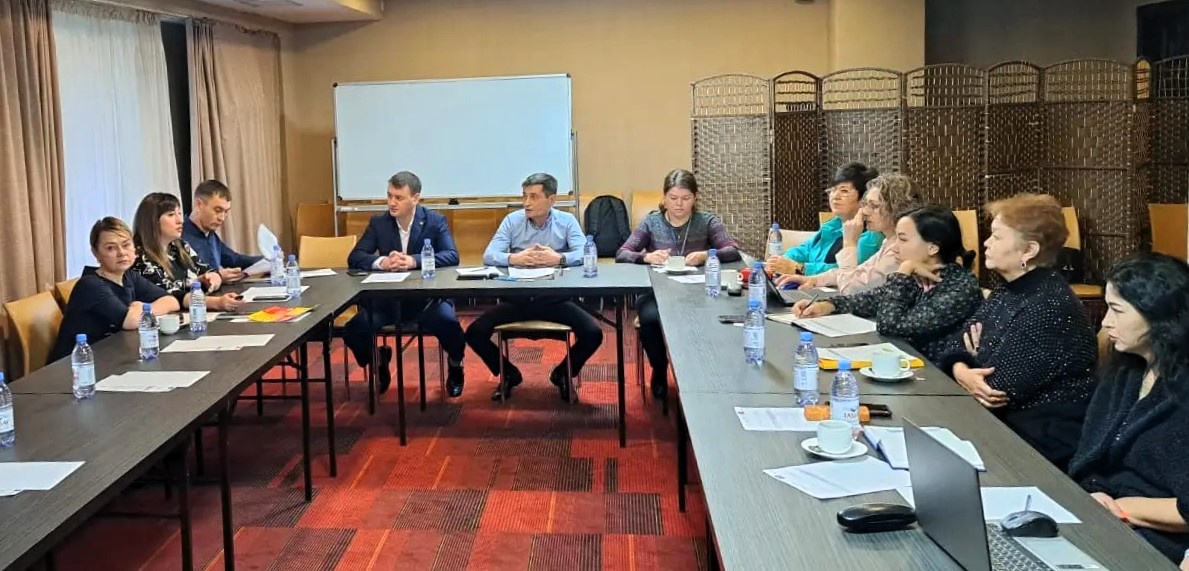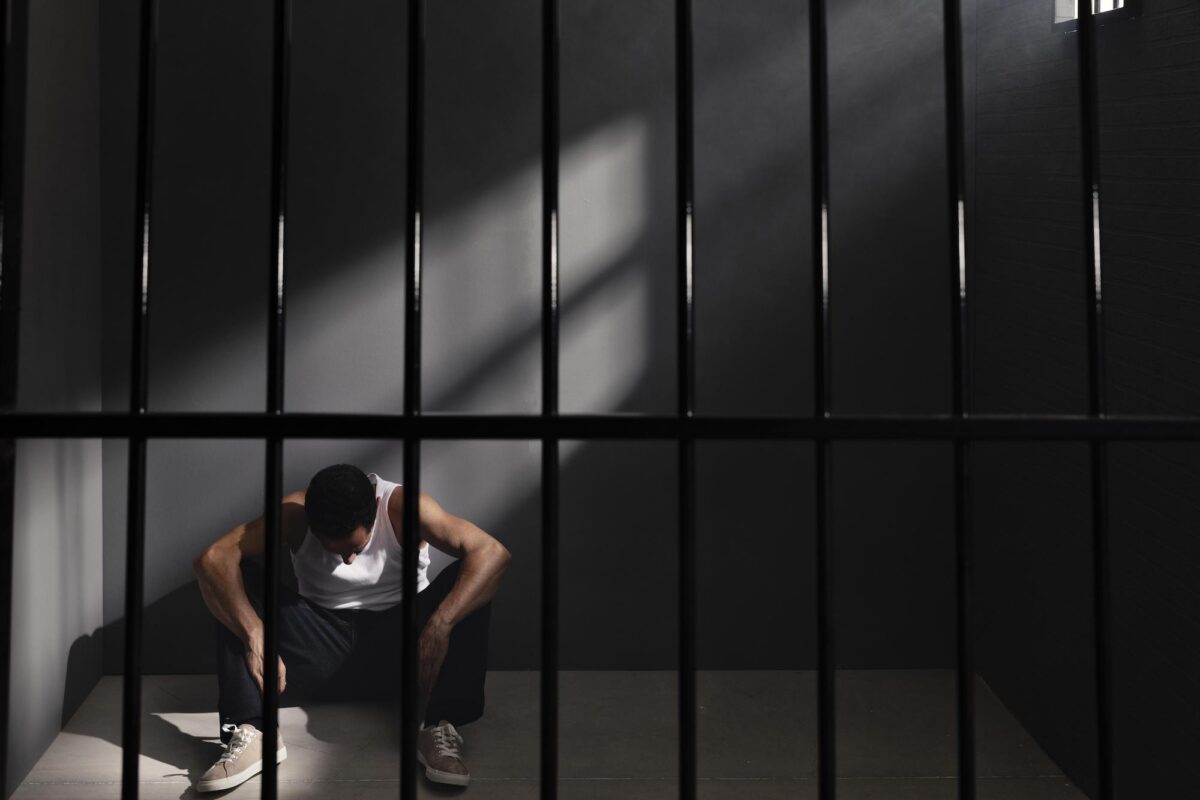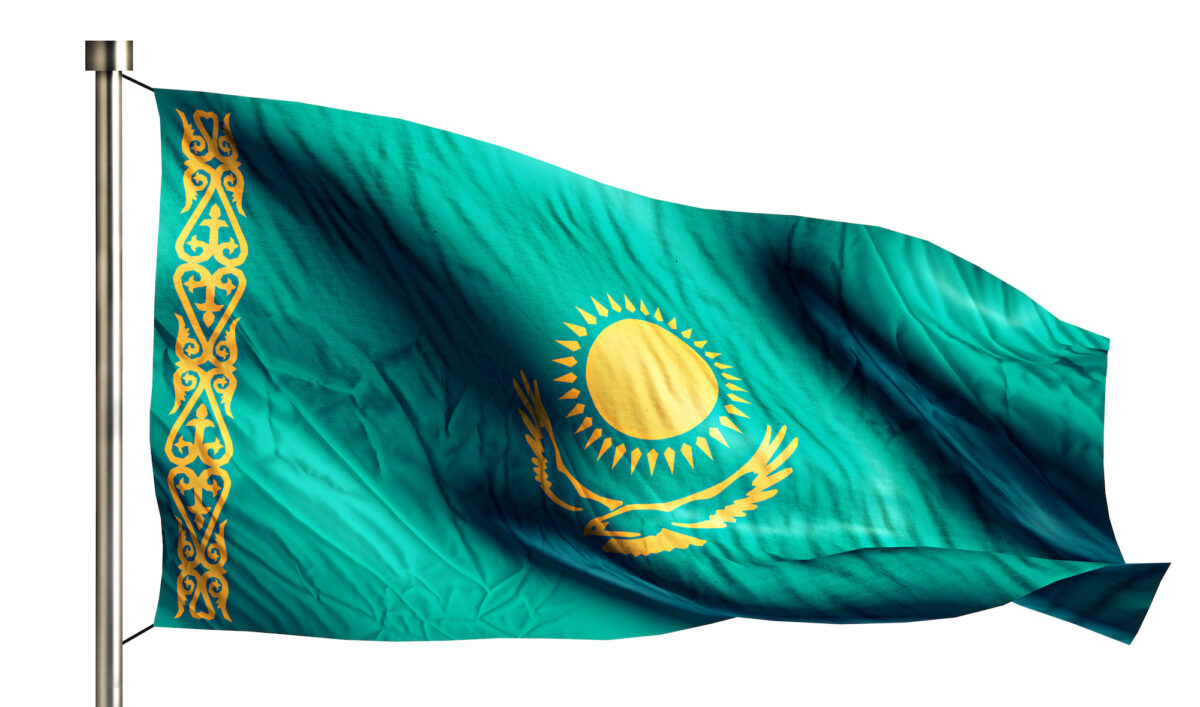On November 30, 2023, a meeting was held to discuss issues on mandatory social health insurance (MSHI) from community representatives with representatives of the Non-Public Joint Stock Company “FSMS” and the Drug Policy Department of the Ministry of Health of the Republic of Kazakhstan.
During the meeting, topical topics and issues related to compulsory health insurance, namely:
– lack of possibility to take tests and perform abortion without paying for MSHI.
– access of people who use drugs to the guaranteed volumes of free medical care and diagnosis of diseases among citizens in prison.
The appeals gathered through the REAct tool were used during one of the presentations on barriers to accessing health services for people who inject drugs.
The participants of the meeting were able to express their opinions and share their experiences in this area. This allowed to creation of an atmosphere of open dialog and mutual understanding between different stakeholders.
Representatives of the NAO “FSMS” and the Drug Policy Department of the Ministry of Health of the Republic of Kazakhstan presented their positions and answered the questions of the meeting participants. Special attention was paid to the issues of accessibility and quality of medical care for people from key population groups.
The participants of the meeting discussed possible ways to improve the system, a good proposal was to introduce an “insurance amnesty” for people undergoing long-term treatment and rehabilitation.
In general, the meeting was very useful and productive for all participants. Different points of view were expressed, common ways of cooperation were found and actions to improve the system of compulsory health insurance were defined. This allows us to hope for positive changes in this area and improve the availability and quality of medical care for all citizens of the Republic of Kazakhstan.
The event was organized by the Association of Legal Entities “Kazakhstan Union of People Living with HIV”.










